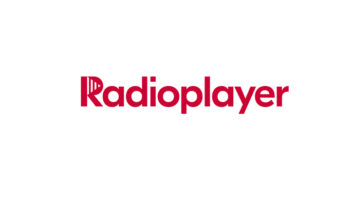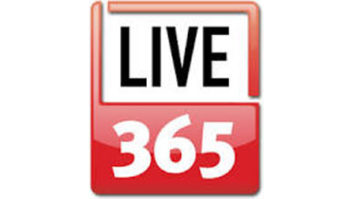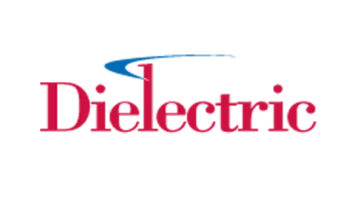Attention! UK Radioplayer Ltd. is looking for international partners, to license and distribute its Radioplayer platform worldwide.
So why would anyone want to license and distribute Radioplayer? Consider the facts: Radioplayer is an online platform that currently provides online access to 280 U.K. radio stations — public service, private and community.
Since its launch in March 2011 — through UK Radioplayer Ltd., a nonprofit company co-owned by the BBC, Global Radio, GMG Radio, Absolute Radio and the RadioCentre — Radioplayer has achieved a total of 6.7 million unique users per month.

The Radioplayer platform lets different users “skin” the common player in different ways, including offering space for advertising, although listeners can tune webcasts from any participant through a common interface.
“Actually, that was in August 2011,” said UK Radioplayer Managing Director Michael Hill. “I expect we’re well past that number now.”
RADIOPLAYER EXPLAINED
Admittedly, stations have many options, both off the shelf and customized, to handle online streaming. They can be as simple as an unbranded Flash- or Windows Media-based player to a more designed player that includes support to advertising and multiple streams.
So why did the BBC and its commercial radio partners decide to create Radioplayer in the first place?
“The answer is that, before we started, only 2.5 percent of all U.K. households tuned to radio on their PCs and Macs, despite that fact that 80 percent of U.K. homes have broadband access,” said Hill. “Clearly, there was a reason why they were not using online radio listening — and we figured out what that reason was.”
Hill said the blame lies in “user confusion.” A plethora of software players, combined with a lack of standardized features, made them intimidating for most people to use.
Imagine if every brand of AM/FM receiver had a different set up for control buttons and functions, rather than the common tuning/volume dials, knobs and switches. That is the problem dogging online radio listening.
To remedy this problem, the BBC and commercial broadcasters banded together to develop a common player platform that offers easy access to all affiliated stations: public-service, private or community; AM, FM, DAB or online only.

Search results within the platform return a variety of stations.
“Their approach is to work together on the player, and compete on content,” said Hill. “The result is the Radioplayer with its clearly defined player buttons, ability to search for stations by genre and location, and its ability to store ‘Favourites,’ just like the presets on a car radio.”
Radioplayer is currently available for desktop and laptop computers.
“We have also just released a Facebook version and are developing Radioplayers that will work on mobile devices, iPads and tablets,” said Hill. “Our goal is to have a common platform providing access to all U.K. radio stations across all devices, based on a simple and user-friendly design.”
WHY GO INTERNATIONAL
Given its U.K. funding base, Radioplayer has no mandate to add non-British stations to its station list. However, the functionality that has made it a hit in the United Kingdom could be easily extended to other parts of the globe.
“We have done the work, and have developed a product that could be useful to broadcasters everywhere,” said Hill. “Meanwhile, the fact that the Radioplayer is so customizable, means it can be deployed elsewhere with an entirely different look and feel, but with the same functionality that makes it so simple to use.”
Given these fact, it makes sense for third parties to license the software and sell it globally, he argued.
“The cost to radio stations doesn’t have to be huge,” said Hill. “For instance, in the U.K. we charge based on audience size. This means a student-run station can make themselves available on the U.K. Radioplayer for just £90 a year.”
OPEN TO IDEAS
U.K. Radioplayer’s formal request for partners can be found online at www.radioplayer.co.uk. Interestingly, its request is casual in tone, with lots of room for negotiation.
“We definitely need a partner to design the framework, handle the licensing negotiations in each territory, assist the technical roll-out, and safeguard the Radioplayer brand worldwide,” accroding to the site. “But what more could you add … how would you approach the re-packaging of our code, and the re-purposing of Radioplayer for use in other markets … where would you concentrate your licensing efforts … should we charge an annual licensing fee, or a one-off amount? What remuneration model would you seek to establish for your services?”
“We are open to innovative ideas and proposals,” said Michael Hill. “That’s why we have put out such an open-ended Request for Expressions of Interest. But one thing is certain: Our Radioplayer has real value that can be exported worldwide.”
There is no need for broadcasters to reinvent the wheel with a custom player platform, said Hill. “We have one that clearly works, and which is supported and updated on a regular basis by UK Radioplayer Ltd.”











